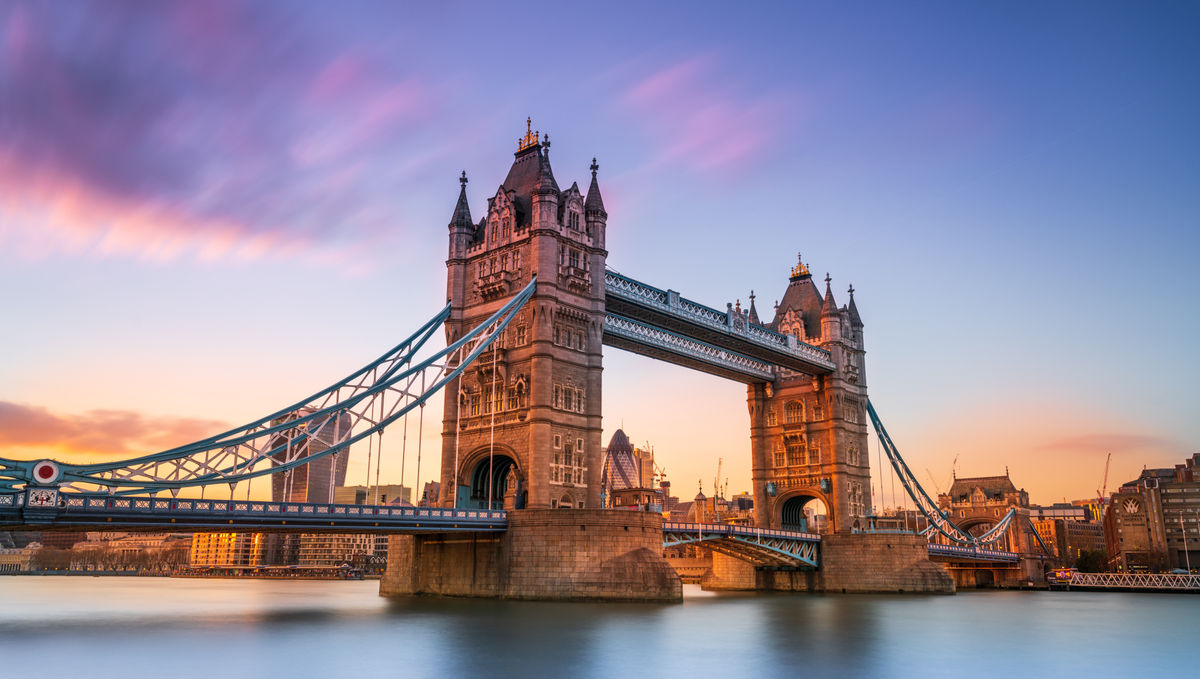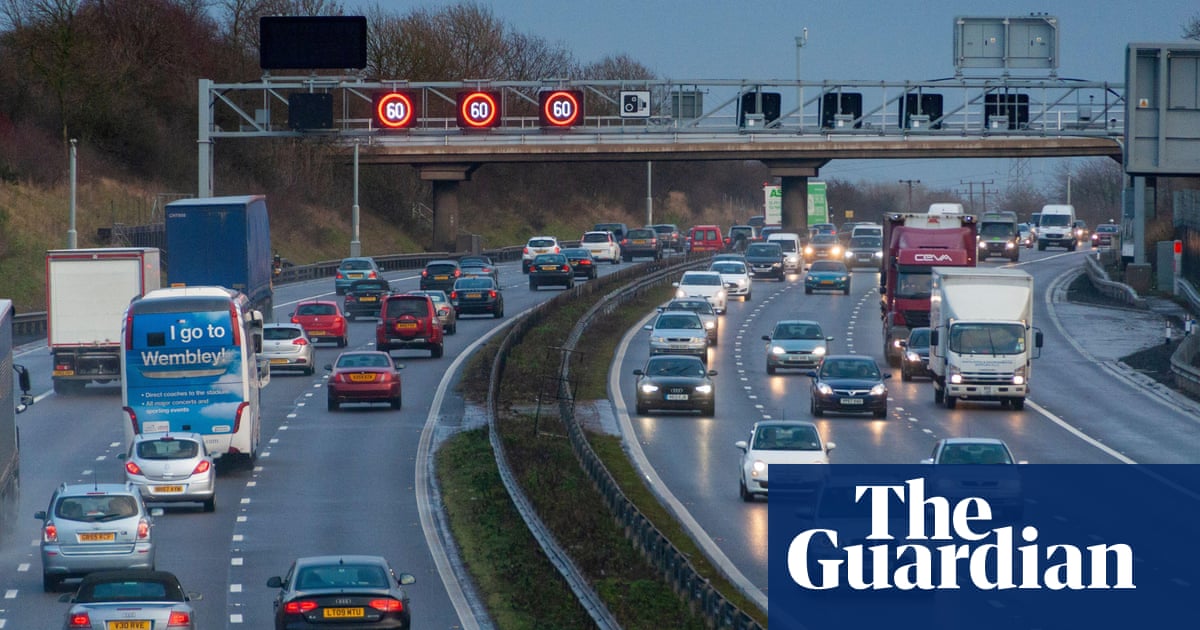Should You Travel to the UK Right Now?

- by Admin
- August 7, 2024

Riots have erupted throughout England and Northern Ireland over the past week in the wake of the killing of three children in a small town near Liverpool.
A 17-year-old attacked the children with a knife while they attended a dance class. In addition to three dead, eight other kids were wounded in the incident, per media reports.
While the alleged perpetrator was born and raised in Britain, rumors had initially circulated on social media that the individual was an immigrant.
Since then, more than 400 people have been arrested in connection with violent riots taking place and the U.K.’s National Police Chiefs’ Council has implemented a “united and robust policing response” throughout the country.
The riots in the country started in Southport, England, but have since spread to Manchester, Liverpool, Bristol, Leeds, Belfast, London, and other locations. Media reports have also indicated that the protestors have expressed anti-immigration and Islamophobic sentiments during the riots.
Amid these protests, the media has released images of police in riot gear and backdrops of smoke and fire. And now, a flurry of countries have begun issuing travel advisories for the U.K.
In an update issued as of August 5, Australia is recommending that its citizens “exercise a high degree of caution” when traveling to the United Kingdom.
“Avoid areas where protests are occurring due to the potential for disruption and violence,” says the Australia advisory. “Monitor the media for information and updates. Follow the instructions of local authorities.”
Additionally, the UAE, Nigeria, Malaysia, India, and Indonesia have issued new U.K. travel warnings amid the spate of violence.
While the United States has not yet released its own updated advisory for the U.K., American travelers may naturally be wondering whether it’s safe to visit at the moment.
Assessing whether to visit the United Kingdom
There is no one-size-fits-all answer when it comes to the safety of visiting the U.K. right now. It’s a nuanced situation and for each traveler the answer should include considerations surrounding where you plan to travel in the country and when.
It’s also important to do your research and stay abreast of the ongoing developments.
“Travelers should pay close attention to global advisories about the safety of travel destinations,” advises Jen Moyse, vice president of product for the trip planning platform TripIt. “Local crime, political conflicts, and other threats can develop quickly wherever you travel, so it’s important to check the U.S. State Department Travel Advisories during the planning process and as travelers embark on the trip.”
International security expert Seth Krummrich, vice president of Global Guardian, offers similar advice.
“Be informed before you travel,” says Krummrich. “Traveling in the UK right now is all about awareness.”
To that end, before you sightsee, check local news reports to find out if any of demonstrations align with your itinerary, advises Krummrich.
It’s also a good idea to “avoid known hotspots that focus on Islam and immigration including mosques, the offices of lawyers who provide legal aid for immigrants and community centers that cater to immigrant communities,” continues Krummrich. “The majority of protests and counter-protests revolve around these sites.”
Consumers who have booked reservations through a travel agent can also contact their representative before traveling to ensure they have all the safety information needed before their trip, adds Moyse.
Additionally, travelers can forward their travel itineraries to TripIt and the app will automatically provide safety scores for their intended destinations, which are updated frequently and can help track changes at the destination. The scores provided by the TripIt app represent risk on a 1 to 100-point scale and encompass several potential threats, including health and medical, physical harm, basic freedoms, theft, and women’s and LGBTQ safety.
The app also provides separate scores for daytime and nighttime and allows travelers to remain informed of risk levels associated with lodging, restaurant, and activity locations that they’ll be visiting.
If you go: Tips to stay safe
If after doing your research or assessing the situation with the help of your travel advisor or other professional, you still intend to visit the U.K., consider practicing some safety measures while in the country.
Travel in groups
It helps to travel in groups for awareness and support, says Krummrich.
“Also, a larger group presents a more difficult target for those who want to prey on tourists.” Krummrich explains. “This is very important in the evening or night time when most street crime occurs.”
Awareness on the move
Situations change rapidly, making it important to always be aware of your environment and surroundings.
“If you see protesters begin to collect in your area, leave,” continues Krummrich. “If you are not sure, ask local law enforcement for their analysis and advice.”
Additionally, it’s important to have primary and alternate means of transportation identified in case you need to leave quickly. Know where the exits are in the locations you visit.
Share travel plans with friends and family
Make sure others are aware of your planned itinerary when traveling in the U.K. You might also consider establishing check-in times with friends or family, which can be used to confirm your health and wellness.
There are also free tracking apps available to consumers, such as Life 360, that allow friends to track you in the UK or globally in real-time, says Krummrich.
Sign-up for Department of State alerts
Lastly, before you embark in your journey to the U.K. or any other potentially volatile destination, consider enrolling in the Department of State’s Smart Traveler Enrollment Program. This program allows travelers to sign-up to receive alerts from the embassy.
“It also helps the U.S. embassy contact you in the event of a natural disaster or crisis,” says Krummrich.
For the latest travel news, updates and deals, subscribe to the daily TravelPulse newsletter.
Topics From This Article to Explore
The Latest News
-
December 22, 2024Donald Trump picks Apprentice producer to be the US special envoy to UK
-
December 22, 2024Daily horoscope: December 22, 2024 astrological predictions for your star sign
-
December 21, 2024UK flights and ferries cancelled owing to high winds as Christmas getaway begins
-
December 21, 2024Prince Andrew plans to move to UAE amid espionage allegations: Report
-
December 21, 2024Inside Britain’s saddest shopping centre: Town centre mall empty just DAYS before Christmas as depressed locals say ‘it’s a disgrace’





